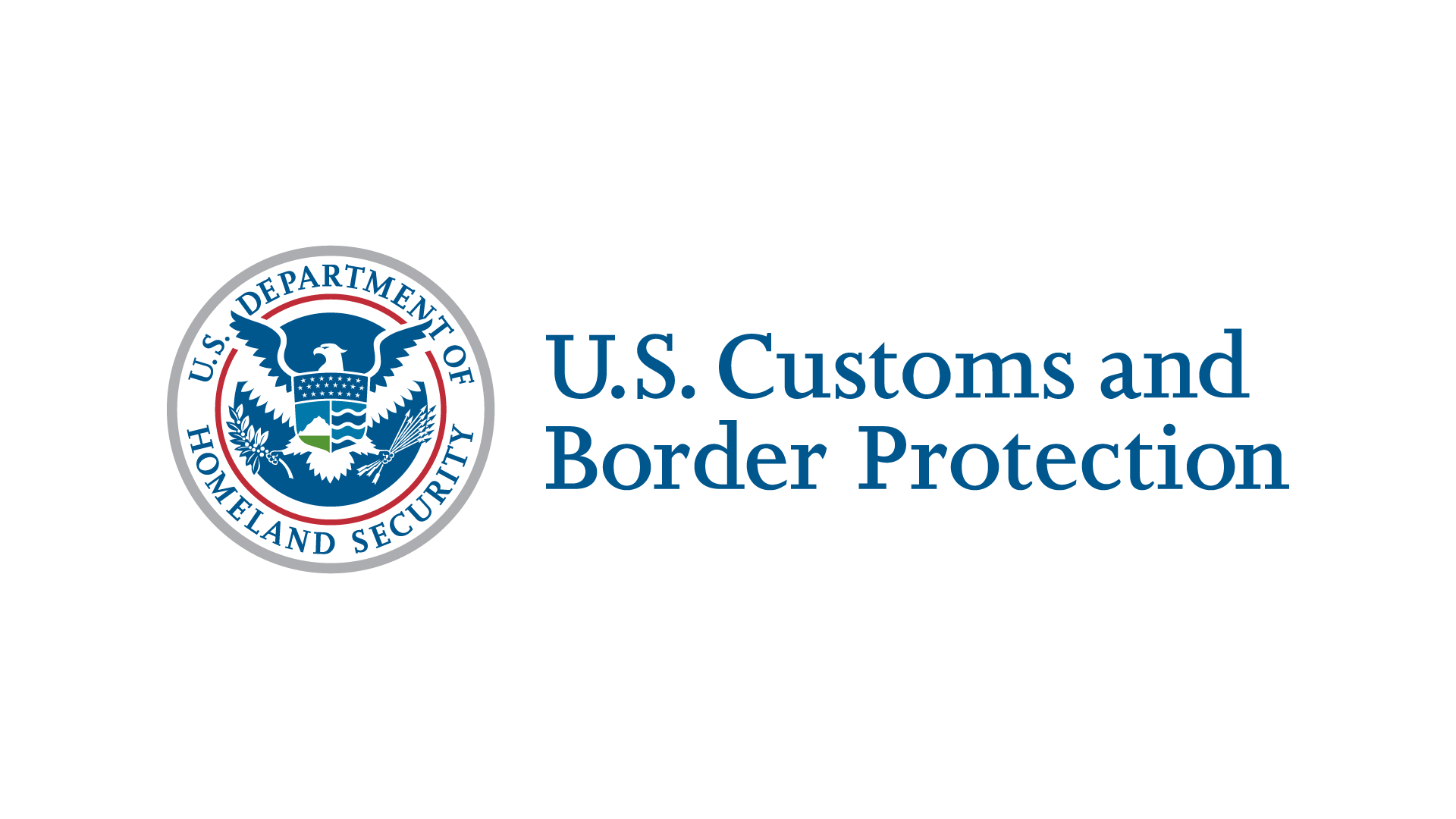CTPAT Corporate Policy Statement
John C. Riccardo CHB Inc. (JCR) understands the benefits of supply chain security and is committed to the highest standards of quality and integrity in its products and operations. We are committed to sharing our C-TPAT experiences with our staff, clients, vendors and the import community. We are dedicated to improving our supply chain and helping our clients to do the same to further protect their products and resources from potential acts of terrorism or trafficking throughout our segment of the international supply chain.
JCR commits to participate in the Customs Trade Partnership Against Terrorism (CTPAT) program and to implement, follow, review and maintain procedures and practices consistent with the CTPAT Importer Security Criteria.
CTPAT is a U.S. Customs and Border Protection (CBP) government-business initiative that strengthens overall supply chain and border security.
As participants in the CTPAT program, it is the policy of JCR to:
- Maintain a CTPAT Corporate Policy Statement regarding our company’s CTPAT application.
- Implement, follow, review, revise and maintain procedures and practices that are consistent with the CTPAT Importer Security Criteria.
- Screen business partners who directly handle cargo and/or import/export documentation for credibility and CTPAT’s Warning Indicators for Trade-Based Money Laundering and Terrorism Financing Activities, CTPAT certification or other approved foreign Authorized Economic Operators programs and ensure their subcontracted business partners have appropriate CTPAT security measures in place to secure the goods throughout the international supply chain.
- Conduct a risk analysis of our supply chain regularly.
- Direct business partners to the CTPAT section of CBP’s website, cbp.gov, specifically to address security related questions and encourage adoption of the security criteria applicable to their business entity.
- Provide security guidelines and training for Kohl’s employees, agents, vendors, international facilities, contractors, service providers, and others associated with the company. Examples include: container security procedures, utilization of PAS ISO 17712 qualifying seals and recognition of compromised seals, modification of conveyances and Instruments of International Traffic (IIT), supply chain breaches, etc.
- Investigate activities related to breaches in cargo security or CTPAT criteria, and notify CBP and/or other law enforcement agencies when appropriate.
- Provide a safe environment for our employees, customers, vendors, and other visitors by having security measures at our corporate offices and screening prospective employees and vendors.
- Maintaining an Information Technology Security Policy setting forth JCR’s expectation not to tolerate any abuse, including improper access, tampering or altering business data, etc.
For effective supply chain security, JCR employees, agents, vendors, international facilities, contractors, service providers, visitors, and others are expected to comply with the CTPAT Importer Security Criteria as well as any policies, procedures, and instructions issued by JCR.
JCR reserves the right to modify processes and procedures as necessary to comply with applicable law. JCR encourages all employees and supply chain partners to become familiar with JCR’s updated supply chain security practices and procedures and to remain alert to any anomalies in JCR’s international supply chain that could potentially jeopardize the security and integrity of our products and the welfare of U.S. citizens. JCR employees and supply chain partners must continue to report any and all security-related concerns to their respective managers and to ctpat@johncriccardo.com.

